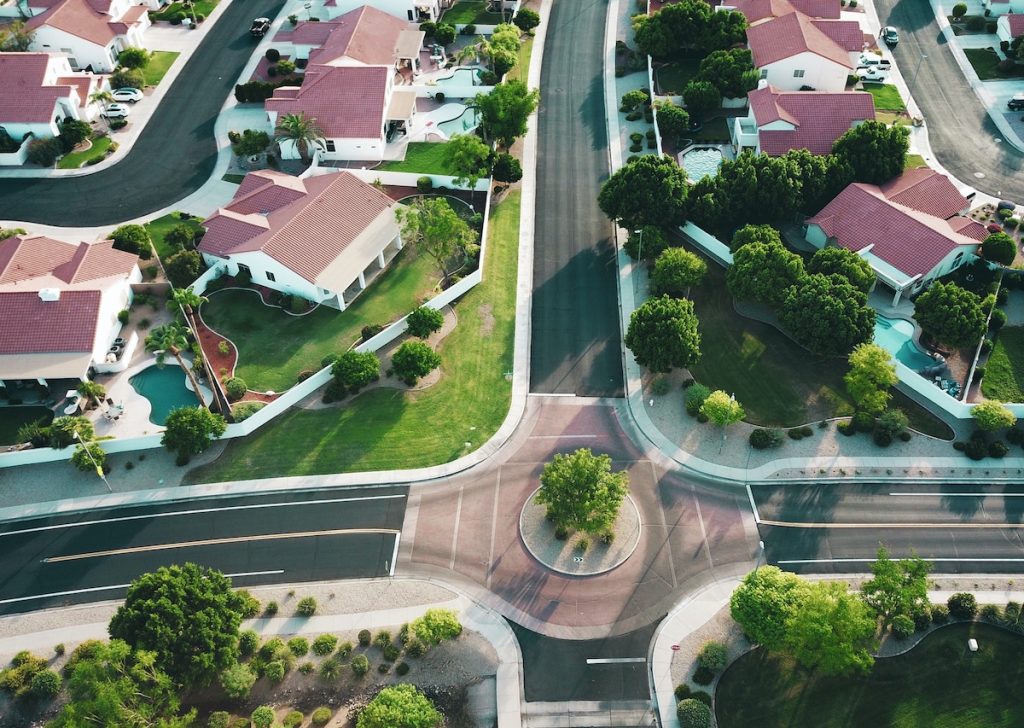Environmental concerns and a growing need for energy efficiency are significantly transforming the real estate industry. In fact, sustainable and energy-efficient real estate development has emerged as a crucial trend that not only aligns with environmental goals but also offers long-term economic benefits. This guide explores the key principles and strategies to help you develop sustainable and energy-efficient real estates.
Understand Sustainability in Real Estate
If you are a real estate developer, you should understand that sustainability goes beyond constructing eco-friendly buildings. It encompasses a holistic approach that considers the entire lifecycle of your property, from design and construction to operation and eventual decommissioning. You should aim to minimize the environmental impact, conserve resources, and create spaces that contribute positively to the community and the planet.
In the realm of wholesale real estate, this sustainable ethos can enhance the value and appeal of properties, aligning with the growing demand for responsible development.
Incorporate Green Building Practices
At the heart of sustainable real estate development are green building practices. These practices involve using environmentally responsible construction materials, optimizing energy and water efficiency, and integrating renewable energy sources. Green buildings often include features such as energy-efficient lighting, insulation, low-flow water fixtures, and solar panels. These features not only reduce the building’s carbon footprint but also result in lower operational costs for the occupants.
Location and Site Selection Matters
Choosing the right location for real estate development plays a crucial role in its sustainability. Opting for infill development where you repurpose vacant or underutilized spaces within existing urban areas reduces urban sprawl and promotes efficient land use. Moreover, proximity to public transportation, amenities, and green spaces encourages reduced car usage. As a result this lowers emissions and promotes a healthier lifestyle.
Conduct Environmental Assessment
When venturing into real estate investment, conducting an environmental assessment prior yields vital advantages. It will help you know potential contamination issues or ecological sensitivities, curbing unexpected cleanup expenses and legal entanglements. It is advisable to conduct a Phase 1 Environmental Site Assessment (ESA) before investing in the desired location/area. Phase 1 ESA gives you historical records and site inspections to help you evaluate potential contamination risks.
For instance, if you are considering a former industrial site for residential development, a Phase 1 ESA might reveal past chemical usage that necessitates cleanup. Addressing this contamination proactively aligns with sustainability goals by ensuring safe living environments and minimizing adverse ecological effects. This fosters a responsible and enduring approach to real estate development.
Renewable Energy Integration
Integrating renewable energy sources into real estate projects is becoming increasingly feasible and cost-effective. Solar panels, wind turbines, and geothermal systems can provide you with on-site renewable energy, reducing your reliance on fossil fuels. This not only decreases your operational expenses but also helps you mitigate the environmental impact of your property. Therefore, you reduce the likelihood of colliding with the relevant environmental authorities.
Efficient Energy Usage
Having efficient energy is important for sustainable real estate development. Employing advanced technologies such as smart thermostats, energy-efficient appliances, and well-designed HVAC systems can significantly reduce your building’s energy consumption. Additionally, you can use passive design principles like maximizing natural lighting and ventilation to further minimize the need for artificial lighting and mechanical cooling.
Efficient Water Management
What about water management? Efficient water management is another vital aspect of sustainable real estate development. There are several plausible ways to manage your water systems and make substantial water savings. You can implement rainwater harvesting systems, install low-flow fixtures, and use native landscaping that requires less water. It is advisable to treat and reuse wastewater for non-potable purposes like irrigation or flushing to alleviate stress on local water resources.
Conclusion
Sustainable and energy-efficient real estate development is not just a trend; it’s becoming a necessity and is an idea worth buying. The real estate industry has a pivotal role to play in addressing environmental concerns and advancing energy efficiency goals. As the demand for sustainable properties continues to rise, embracing these principles will not only contribute to a better future but also position real estate professionals at the forefront of positive change.




